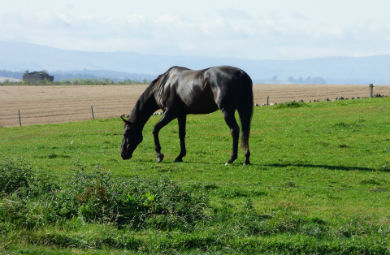Select tab
About
This Lantra-accredited Customised Award is exclusively developed and delivered by a Lantra-approved Training Provider, who meets our quality standards. The course is specifically tailored to meet learners’ needs. For further details about the course content and delivery locations, please contact the Training Provider using the details provided below.
The minimum age to undertake this course is 16.
A person qualified in Equido Level 2 should be capable of taking care of horses at a supervisory level on a daily basis both stable and field.
The finer details
Theory is delivered online and students are required to provide video evidence of practical skills, witness reports on practical skills and attend a training weekend to assess practical skills.
- Methods of Restraint
- Feeding and Watering
- Handling
- Equine Psychology
- Health Checks
- First Aid
- Communicable Diseases
- Introduction to Basic Fitness Training
- Anatomy and Physiology
- Loading and Unloading
Who should attend?
This course is suitable for anyone wishing to pursue an equestrian career, or for the hobby horse owner to gain an in depth knowledge to improve their horse care skills.What will be covered?
By the end of this course learners will:
Search for providers near you
If there are no suitable courses listed above, please fill in the details below and this will display a list of other course providers who also deliver this course.



